
This is a guest blog by Eva from the Czech Republic
Growing up in a country with a liberal drug policy (the Czech Republic) does not necessarily mean that you will appreciate it. It takes time, until you see how the rest of the world is dealing with this “problem”. I put problem in quotations because I don’t believe that drugs themselves are the problem of our society, I think the problem is how we deal with drugs. We don’t. That is left to the black market of drug dealers and the mafia.
My name is Eva, I’m 26 years old and I want to tell you my story from the point of view of a young person who grew up in a partially decriminalized environment. I thought a lot about the position that I would take for this request and I believe that the best position is for me to say that I could be anyone’s child.
Coming from a small city and a functioning family my childhood could be said to be “the perfect example” of a typical childhood. I was a very unproblematic kid, a good student and until my later teenage years I was playing musical instruments, taking dance and art classes, and I played volleyball almost daily for 10 years. But for some reasons, I really, really fell in love with nightlife. As an extrovert I enjoyed socializing at parties so much that after the first weekend out I basically couldn’t stay home at the weekend after that.
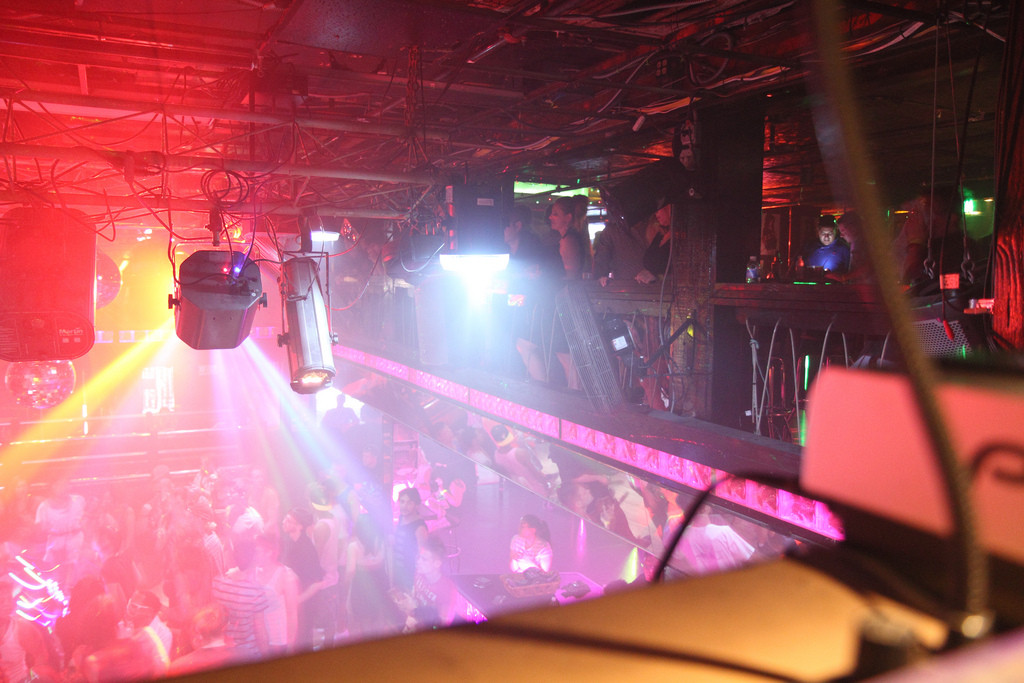
Flickr – Atomic Taco
When I was 12 I read the book We Children from Bahnhof ZOO (which later became the movie Christiane F that portrays the drug scene in West Berlin in the 1970s). One of my closest friends read the same book at the same age and her fear, prejudices, and judgement towards drugs altered our friendship ever since because each of us took a completely different stance towards this issue. She perceived drugs as something forbidden, dangerous, and scary, something that went against the “correct“ ways of society. However I saw drugs as very powerful tools even though I had no idea what they could do. I also thought that if I try these substances, then I would know if others have a problem and then I could help them. Already at a secondary school I was thinking “I want to try them all!” – not that I wanted to consciously become a “junkie”, but in the stories I read, I always found a person who joined the group, had couple of “good times” and left drugs behind. And I thought “that is going to be me. I will come, try, see what they do, and I will leave them.” Basically it was as if I heard Timothy Leary’s: “Turn on, tune in, drop out.” Unfortunately it was not like that and I wish I had read his “Flashbacks” years earlier than I actually did.
Every activity in life carries some risks, but even those activities which are considered to be riskier than others are not forbidden. We are taught about the dangers and we are persuaded to avoid risky endeavours by implementing safety measures. Personally, I really like the comparison of drugs to adrenalin sports; drugs are an adrenalin sport for the mind. If we look at physical activities, since a young age we are pushed to do sports and exercise our bodies. In the US you can even get into university if you are good at sports! But our narrow-minded society fears the unknown and the unexplainable abilities of our consciousness that altered mental states can offer. And I believe that the perception of drugs being bad is still a problematic issue also because of the age of our government representatives, (if they weren’t hippies then they probably grew up surrounded with the stigma of drugs). But in some places that is no longer the case!
I can say that I am an experienced recreational drug user. “Back in the days” I tried basically everything in combination with literally anything (except opiates). From the age 16 to 24 I tried alcohol, cannabis, tobacco, mushrooms, ecstasy, MDMA, speed, 2CB, LSD, mephedrone, ketamine, cocaine, pervitin (Czech version of methamphetamine). And very probably dozens of other new synthetic drugs as you never know what you are getting when drugs are not regulated.
From our point of view, we were not doing anything wrong, we just had a lot of fun and were kind of strengthening the relations between us by sharing a space, food, stuff, and ideas. According to the law in our country, we didn’t have to worry so much because partial decriminalisation kind of protected us from the risk of going to jail. However I don’t think that if we were at risk of going to prison it would have stopped us anyway. (I needed many, many years until I realized, that I don’t have to be everywhere, I can miss this and that. Now I basically miss almost everything with the feeling I have already “been there”. But that was my journey… I needed it that way.)
Nowadays, my approach towards drugs has changed dramatically. I don’t use “whatever” anymore. Also, most of my friends have already come to the point where every-week-party just is not worth it anymore. Some of them are very successful in their lives, some have families nowadays, some went traveling or are still studying, but we all grew up and became adults. The World Health Organization states that only 10% of people who use drugs develop problematic drug use. We are part of the 90% who use or used drugs but never really had or thought to have a problem.
But what I also have to say is that everything has two sides and the dark side of this lifestyle can be very, very dark. Altering the consciousness breaks borders not only in the mind but also in life. You can get too far and not everybody can, or is able to take a break, or to say: “Stop”. Using drugs surrounded by friends feels like being with family, it may take years to realize, how rich life can be even without drugs. We need to have in mind that one can get too easily lost while searching the terrain.
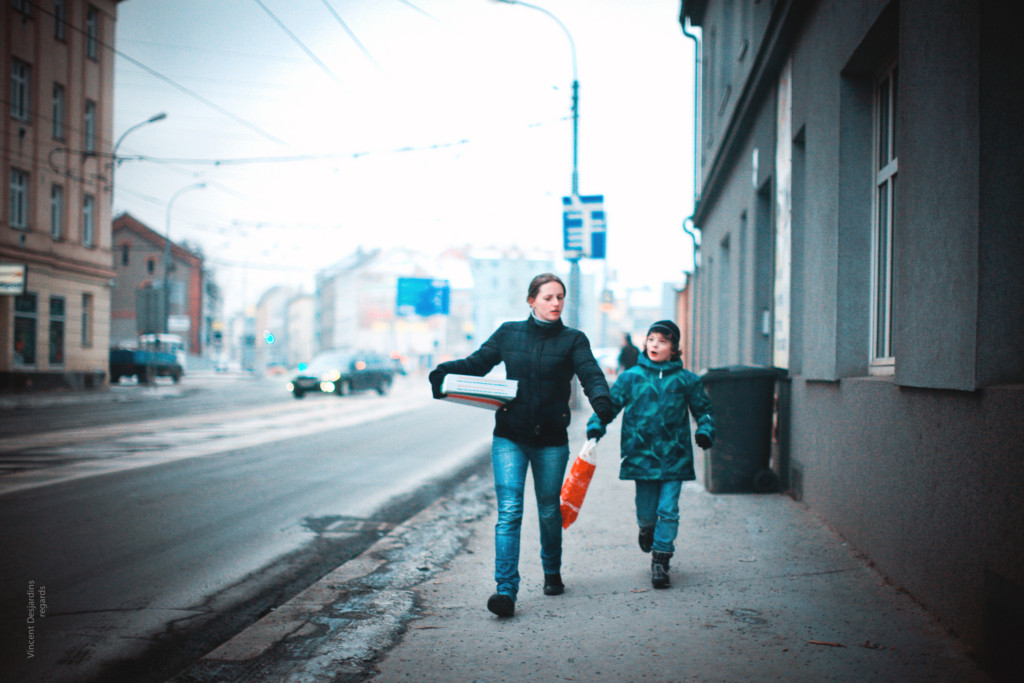
Flickr – Vincent Desjardins
Looking back, over the years I managed to put myself into situations, which were caused by my drug use, which I wish did not happen at all. And which I think I did not have to experience, but lead myself into. For teenagers, as I was, the question is not how to stop them from using drugs, but how to teach them about responsibility and consequences drug misuse can lead to.
I don’t know anyone who has died from an overdose. That is surely a result of the broad harm reduction services available in my country. According to the speech of our minister of health at UNGASS 2016, 90% of people who inject drugs are visiting harm reduction services. But it is known that the government funding is being cut for these services because the situation is now stabilized, so there is “no obvious reason for more support”.
I have already mentioned a quite stable situation in my country, partial decriminalization, broad harm reduction services, so what am I doing here?
I believe I can honestly say that I represent the young people who one day came to the point when they said “YES” to drugs. And this “yes” would not be a big deal if our society would also say “yes” to the proper information, honest education, and proper regulation of the market. Decriminalization is definitely a step closer to a less harmed society, but that is not enough. I want a safe environment for (not only young) people who decide to use substances to alter their consciousness, and this is impossible without broader safety measures in place, and the regulation of all substances.
To provide safety measures for society is of interest to governments who want to create a safe environment for all those who do not want to or cannot stop their drug usage. Let’s demand that, and nothing less.
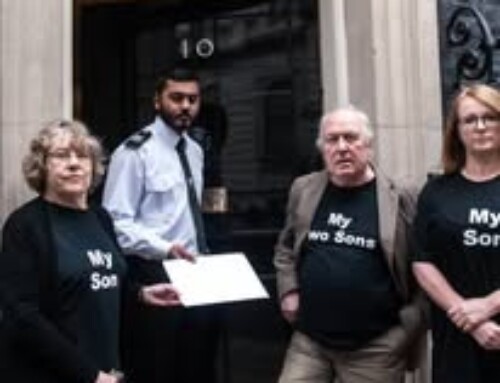
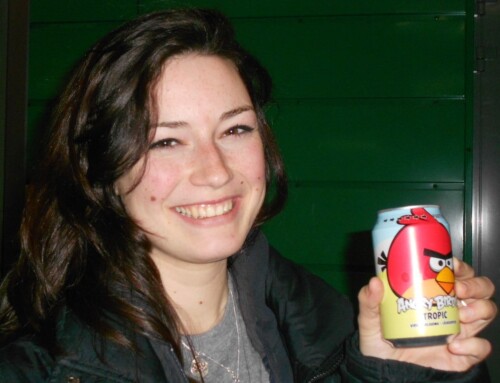
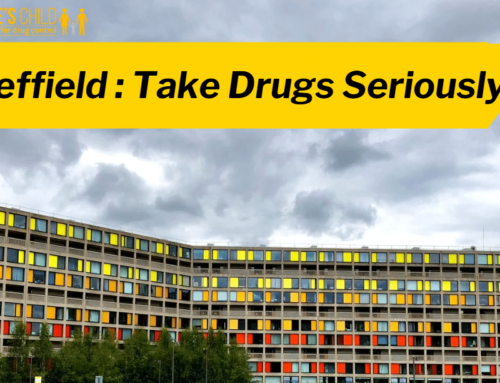
Wow! I’m impressed by your text, it’s totally right, that only a small group of drug users get to feel the really dark side of drugs. The problem are not the users, the problem is the criminalization and the war against drugs, which kill a lot of people here in Mexico!
Thank you for your thinkings!
I agree with your negative opinion of our counter-productive drug war. Until the general population understands that abuse of ANY dangerous drug is made more severe by its prohibition, we will continue to piss, moan, and cry, but the situation will not improve.